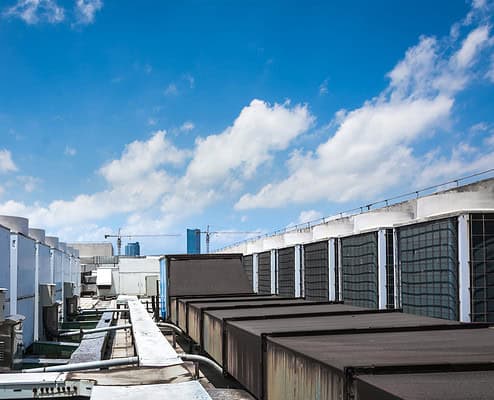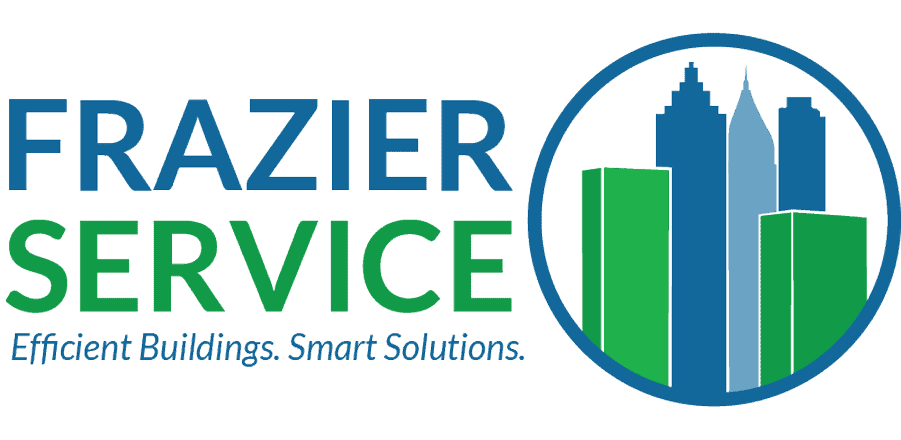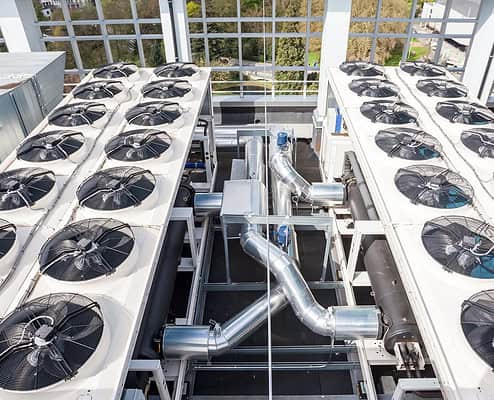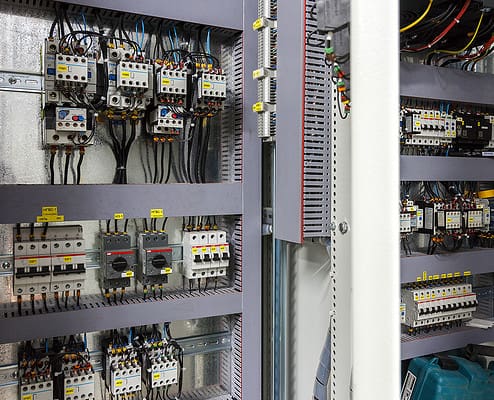 https://frazierservicecompany.com/wp-content/uploads/2024/04/Maximizing-Facility-Efficiency-With-Outsourced-HVAC-Support.jpg
1250
2000
AbstraktMarketing
/wp-content/uploads/2021/03/Fraizer-Service-Logo-Color-New.png
AbstraktMarketing2024-04-23 16:50:082024-04-28 15:25:20Maximizing Facility Efficiency With Outsourced HVAC Support
https://frazierservicecompany.com/wp-content/uploads/2024/04/Maximizing-Facility-Efficiency-With-Outsourced-HVAC-Support.jpg
1250
2000
AbstraktMarketing
/wp-content/uploads/2021/03/Fraizer-Service-Logo-Color-New.png
AbstraktMarketing2024-04-23 16:50:082024-04-28 15:25:20Maximizing Facility Efficiency With Outsourced HVAC SupportUnderstanding HVAC Zoning Systems
Unyielding temperatures, soaring energy bills, and constant complaints—finding the balance between comfort and efficiency is a struggle in many commercial spaces. But fear not, for there is a game-changing solution on the horizon: HVAC zoning. By breaking free from the confines of uniform temperature control, HVAC zoning unleashes a new era of tailored comfort and energy savings. Here’s what you need to know.
What Are HVAC Zoning Systems?
An HVAC zoning system is a method of dividing a building’s interior into distinct zones, each with independent temperature controls. This method achieves precise temperature regulation by employing multiple thermostats, motorized dampers, and a central control panel. By dividing the space into separate zones, facility managers gain granular control over their temperature settings, which makes it much easier to optimize comfort levels in different areas of their building.
How Does HVAC Zoning Work?
HVAC zoning operates through a network of motorized dampers strategically installed in your building’s ductwork. These dampers open and close, which either allows or restricts airflow to specific zones in your facility.
Each zone is equipped with its thermostat, and these thermostats communicate with the central control panel. The control panel then continuously monitors temperature settings and adjusts the dampers accordingly.
This intelligent modulation of airflow provides three key advantages:
- It’s far easier to maintain desired temperatures in each zone.
- It ensures that only the necessary amount of conditioned air is delivered.
- Combined, these variables result in energy savings and heightened comfort.
10 Benefits of HVAC Zoning
In addition to the above benefits, HVAC zoning systems bring forth a host of other advantages. Let’s explore the ten key benefits that make HVAC zoning a game-changer for commercial buildings and facility managers alike.
1. Enhanced Comfort
With HVAC zoning, your occupants can bid farewell to one-size-fits-all temperature settings. Zoning enables personalized comfort by tailoring temperatures to the preferences of people within each zone, meaning your employees, customers, and tenants can enjoy optimal conditions, boosting their satisfaction and productivity.
2. Energy Efficiency
Traditional HVAC systems often waste energy by pumping fresh air into unoccupied or low-traffic areas. Luckily, HVAC zoning eliminates this inefficiency by directing your conditioned air solely to occupied zones, which in return reduces energy consumption and utility costs. This means facility managers can achieve substantial energy savings while still maintaining a sustainable, efficient operation.
3. Precise Temperature Control
By allowing separate temperature control for each zone, HVAC zoning provides unparalleled precision. For example, areas with unique heating or cooling requirements—such as server rooms or conference halls—can be regulated independently, ensuring ideal conditions for your specific applications.
4. Improved Air Quality
Zoning systems also offer the added benefit of advanced air filtration. By filtering air within each zone, pollutants and allergens can be effectively minimized, leading to improved indoor air quality (IAQ). This is especially crucial for buildings in sensitive industries or housing immunocompromised occupants, such as healthcare facilities or research laboratories.
5. Reduced HVAC Wear and Tear
Constantly running HVAC systems place a significant strain on equipment, leading to premature wear and tear. However, HVAC zoning comes to the rescue by intelligently distributing the workload across various zones. This strategic approach alleviates the burden on the system, allowing it to operate more efficiently and reducing wear and tear. As a bonus, the extended lifespan of the HVAC equipment translates into cost savings and fewer disruptions due to equipment failure or maintenance.
6. Flexibility and Adaptability
Commercial buildings are no strangers to dynamic occupancy patterns or evolving space requirements. Fortunately, HVAC zoning systems can accommodate these variations with ease. Whether it’s a shift in office layout, the addition of new work areas, or changes in room usage, HVAC zoning allows facility managers to seamlessly adapt their infrastructure and keep pace with the demands of a dynamic environment.
7. Zone Isolation for Maintenance
When it comes to HVAC maintenance or repair work, zoning is a game-changer for facility managers. The system allows for the isolation of individual zones, diverting airflow away from the affected area. This approach minimizes disruptions to the rest of the building, keeping operations running smoothly. By efficiently managing maintenance tasks, HVAC zoning reduces downtime and enhances operational continuity, ensuring that occupants remain comfortable while necessary work is being carried out.
8. Load Balancing
Within a commercial building, certain areas may be subjected to greater heating or cooling loads due to factors like sunlight exposure or equipment. HVAC zoning comes to the rescue by enabling load balancing. By diverting conditioned air precisely where it’s needed most, the system optimizes energy usage and prevents temperature imbalances. This intelligent distribution of airflow ensures that each zone receives the ideal amount of heating or cooling, promoting comfort and efficiency throughout the building.
9. Occupancy Optimization
In buildings with variable occupancy rates, such as retail stores or office spaces with flexible work arrangements, HVAC zoning shines in terms of energy efficiency. The system allows for the conditioning of only the occupied zones while adjusting unoccupied areas to energy-saving settings or temporarily deactivating them. By focusing resources where they are needed, HVAC zoning conserves energy, reduces costs, and minimizes the environmental impact of unnecessary conditioning.
10. Compliance & Regulations
Lastly, HVAC zoning systems help facility managers meet energy codes and regulations. By incorporating zone-level monitoring and control, building owners can showcase their commitment to sustainable practices. “And how does that work,” you might ask? Well, HVAC zoning helps ensure that each zone operates within the specified energy guidelines, unlocking incentives and certifications that reward your environmentally conscious efforts.
Frazier Service: Your Trusted Choice for Commercial HVAC in Atlanta
As the quest for optimal comfort and energy efficiency continues, HVAC zoning has become a crucial strategy for facility managers and commercial property owners alike. At Frazier Service, we understand the transformative potential of HVAC zoning systems, offering a wide range of solutions to help you unlock their full benefits. Start a conversation today and take the first step towards a smarter, more comfortable building.






